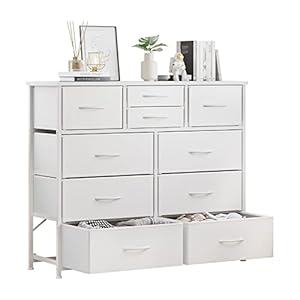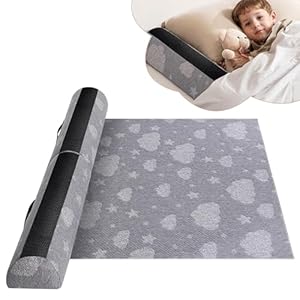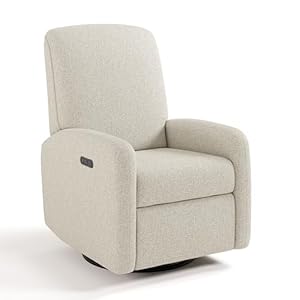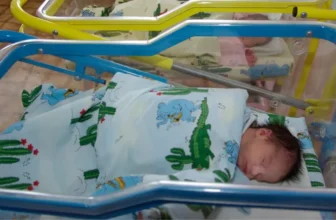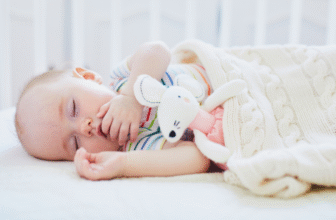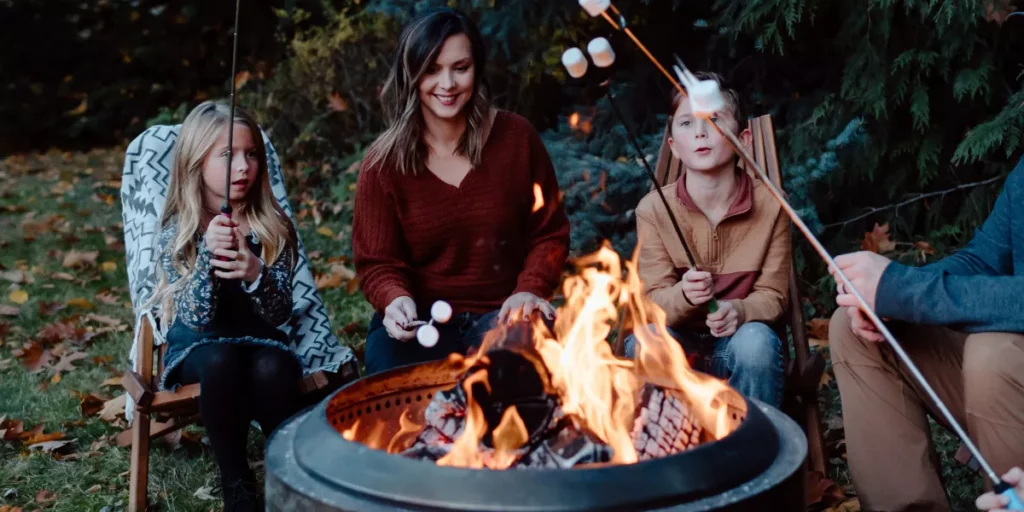
Ensuring fire safety in your home is paramount, especially when you have a little one relying on you for protection. From baby-proofing electrical outlets to having a solid evacuation plan in place, every precaution counts. But have you considered all the potential fire hazards specific to a nursery? Your baby’s safety depends on it. Let’s explore some key fire safety tips that can make all the difference in keeping your family safe.
Common Fire Hazards at Home
Identifying and addressing common fire hazards at home is crucial for ensuring the safety of your family, especially with a baby in the house. One common fire hazard is faulty electrical wiring. Overloaded circuits or damaged wires can easily spark a fire, so it’s essential to regularly check the condition of your electrical system.
Another potential danger is kitchen mishaps. Unattended cooking, grease buildup, or placing flammable items too close to the stove are all recipes for disaster. Make sure to always stay in the kitchen while cooking and keep flammable objects away from heat sources.
Smoking indoors is another significant risk factor. A forgotten cigarette or ember can quickly ignite curtains, furniture, or other flammable materials. If you smoke, do it responsibly and only outdoors.
Finally, heating equipment like space heaters or fireplaces can also pose a threat. Keep these devices away from anything that can catch fire and never leave them unattended.
Importance of Smoke Alarms
Having working smoke alarms in your home is essential for early detection of any potential fire hazards. These alarms act as the first line of defense, alerting you and your family to the presence of smoke or fire. By providing an early warning, smoke alarms give you valuable time to evacuate safely and prevent injuries or fatalities.
It is crucial to have smoke alarms installed in key areas of your home, such as bedrooms, hallways, and near the kitchen. Make sure to test your smoke alarms monthly and replace the batteries at least once a year to ensure they’re functioning correctly. Additionally, consider installing interconnected smoke alarms so that when one alarm detects smoke, all alarms in the house will sound, maximizing the alert coverage.
Remember that smoke alarms can save lives, especially in the event of a fire at night when your family is asleep. Investing in reliable smoke alarms is a simple yet effective way to protect your loved ones and provide peace of mind in case of emergencies.
Creating a Family Fire Escape Plan
When planning for fire safety in your home, creating a family fire escape plan is a critical step to ensure everyone knows what to do in case of an emergency.
Sit down with your family and map out the quickest and safest escape routes from each room. Make sure everyone knows two ways to exit every room, especially from bedrooms.
Designate a meeting spot outside where everyone will gather after escaping. Practice your escape plan regularly, especially with young children, to ensure they understand what to do.
Teach children how to unlock doors and windows and emphasize the importance of staying low to avoid smoke inhalation. Make sure babysitters or caregivers are also aware of the escape plan.
Fire Safety Tips for Baby’s Nursery
To ensure your baby’s nursery is safe from potential fire hazards, regularly check and maintain all electrical outlets and cords. Inspect for any signs of damage such as frayed wires or exposed cords, and replace them immediately. Avoid overloading outlets and use safety covers to prevent curious little hands from tampering with them.
When setting up the nursery, keep all heat sources like lamps and space heaters at a safe distance from any flammable materials such as curtains, bedding, or stuffed animals. It’s crucial to never leave these items unattended while in use. Consider using flameless LED candles as a safer alternative for ambiance.
Install smoke alarms in the nursery and ensure they’re in working condition by testing them monthly. Keep a fire extinguisher nearby and learn how to use it correctly. In case of a fire, have a clear evacuation plan and practice it regularly with your family. By taking these precautions, you can create a safer environment for your baby in their nursery.
Trending Products





